Walk into any industrial bakery or confectionery plant in Morocco today, and you’ll find cocoa powder at the heart of production. From the deep chocolate tones in cookies to the fine dusting on pastries, cocoa powder defines flavor, color, and consumer appeal. But for manufacturers, the conversation goes far beyond taste — it’s about reliability, bulk pricing, consistency in formulation, and supplier trust.
That’s where wholesale cocoa powder in Morocco becomes more than an ingredient. It’s an operational cornerstone — one that influences production cost, process stability, and ultimately, your product’s market reputation.
In this comprehensive guide, we’ll explore what makes high-quality cocoa powder essential for Morocco’s industrial food producers, the key factors that differentiate premium suppliers, and why brands like MT Royal and Latamarko have become trusted names across the manufacturing landscape.
Understanding Wholesale Cocoa Powder in Industrial Contexts
Before diving into procurement strategies and supplier selection, it’s worth revisiting what “wholesale cocoa powder” truly means for industrial-scale buyers. Unlike artisanal producers or small bakeries, manufacturing facilities require standardized quality parameters and consistent chemical composition to ensure uniformity across thousands of production batches.
Wholesale cocoa powder typically refers to cocoa solids obtained from roasted and pressed cocoa beans, available in bulk quantities (25 kg bags, big bags, or ton-level shipments) and optimized for professional use in:
- Industrial bakeries and biscuit factories
- Chocolate confectionery production lines
- Instant drink and dessert mixes
- Ice cream and dairy plants
- Ready-to-eat and powdered beverage sectors
In these environments, small fluctuations in pH, fat content, or moisture level can affect product behavior, color tone, and texture. That’s why industrial buyers in Morocco prioritize predictable performance and supplier credibility above all.
The Core Types: Natural vs. Alkalized Cocoa Powder
To make informed wholesale purchasing decisions, it’s vital to understand the two primary categories of cocoa powder used in industrial food systems.
1. Natural Cocoa Powder
Produced without alkalization, this version has a lower pH (5–6) and delivers a bright, slightly acidic cocoa flavor. It’s ideal for products where a lighter chocolate note is desired — such as certain cakes, beverages, or cream fillings.
Natural cocoa powder also contains a high level of polyphenols, appealing to health-conscious formulations.
2. Alkalized (Dutch-Processed) Cocoa Powder
This variant undergoes alkalization, which neutralizes acidity and deepens both color and flavor. The result is a smoother taste and darker hue, perfect for biscuits, sandwich cookies, and premium chocolate coatings.
Industrial buyers often stock both types to serve multiple production lines — natural for light-flavored mixes, alkalized for rich, dark-toned applications.
Why Cocoa Powder Quality Defines Manufacturing Success
When factory managers analyze input materials, cocoa powder might seem small in proportion — but it carries disproportionate influence on the final product.
A slightly inconsistent batch can cause:
- Color mismatches in cookies or chocolate glazes
- Clumping issues in automated mixing systems
- Off-flavors or uneven textures due to fat instability
- Reduced yield in cocoa-based beverages
The key? Partnering with a wholesale supplier that provides industrial-grade cocoa powder with batch-to-batch consistency.
At MT Royal, we’ve seen how manufacturers who optimize their cocoa sourcing can achieve smoother production runs, less waste, and better color control across product lines — especially when working at multi-ton scales.
What Makes an Industrial-Grade Cocoa Powder?
Industrial buyers often focus on technical data sheets, not just flavor. The following characteristics define a reliable, factory-ready cocoa powder:
| Parameter | Typical Range | Why It Matters |
|---|---|---|
| Fat Content | 10–24% | Influences richness, mouthfeel, and binding in doughs. |
| pH Value | 5.0–8.0 | Dictates flavor profile and interaction with leavening agents. |
| Moisture | <5% | Affects shelf life and clumping behavior. |
| Color Intensity | Light to extra dark brown | Determines visual appeal in final goods. |
| Particle Size | 75–150 microns | Impacts dispersibility in industrial mixers. |
European-origin cocoa powders, such as those from Latamarko, are engineered with tight production tolerances. Spanish manufacturers like Latamarko are particularly known for delivering stable color, low variability, and optimized flow characteristics — attributes that are essential when feeding high-speed processing lines.
The Procurement Perspective: Challenges & Misconceptions
Industrial procurement in Morocco’s food sector faces evolving pressures — cost containment, logistics efficiency, and sustainability. However, some common misconceptions still affect cocoa powder sourcing:
- “Cheaper is better.”
Not always. Low-cost cocoa powders can introduce hidden costs through inconsistent batches, downtime for adjustments, or product recalls due to quality deviation. - “All cocoa powders perform the same.”
Variations in fat, alkalization, and particle uniformity can drastically alter production efficiency and final product outcomes. - “Bulk means low quality.”
Modern suppliers like MT Royal prove otherwise — offering bulk cocoa powders that meet international quality standards while maintaining cost efficiency. - “Local storage doesn’t matter.”
Cocoa powder’s shelf life is influenced by humidity and temperature. Regional suppliers with controlled warehouses, like MT Royal, ensure consistent freshness upon delivery.
Morocco’s Growing Industrial Cocoa Market
Morocco’s manufacturing sector is on a growth trajectory, especially within baked goods, confectionery, and beverage industries. Local factories increasingly demand high-volume cocoa powder imports to serve expanding domestic and export markets.
According to regional trade statistics, cocoa ingredient imports in Morocco have risen steadily over the past five years — fueled by growing consumer demand for chocolate-flavored snacks and energy foods.
For procurement managers, this means competition for dependable supply chains has intensified. Partnering with a supplier who understands logistics, customs processes, and bulk handling becomes as critical as the product itself.
MT Royal: Building Trust in Industrial Cocoa Supply
At MT Royal, we’ve worked closely with bakeries, food processors, and beverage manufacturers across Morocco, helping them secure consistent cocoa supply streams.
We don’t just sell cocoa powder — we advise factories on matching the right cocoa specification to their product line. Whether it’s natural cocoa for a milk-based dessert or an extra-dark alkalized powder for chocolate cookies, our focus is on technical alignment and cost efficiency per kilogram of output.
In our experience supplying manufacturing facilities, the difference between an average and exceptional batch often comes down to understanding how cocoa interacts with your process parameters — temperature, humidity, and mixing time.
With a diverse portfolio of brands, including premium European suppliers such as Latamarko, MT Royal ensures that Moroccan manufacturers have access to both value-driven and high-performance cocoa options.
Spotlight on Latamarko: Spanish Precision, Global Trust
Spanish engineering has long been respected in industrial circles, and brands like Latamarko have become synonymous with consistency, durability, and refined cocoa flavor control.
Latamarko’s cocoa powders are particularly appreciated for:
- Uniform color tone, minimizing visual variation in baked goods
- Superior dispersibility for automated mixing systems
- Stable fat distribution that enhances cream fillings and chocolate coatings
- Compliance with EU food safety and sustainability regulations
For Moroccan factories competing in international markets, aligning with such premium sources elevates product credibility and ensures compliance with global quality benchmarks.
Optimizing Cocoa Powder Use in Large-Scale Production
Let’s translate this into the factory-floor reality. How can your team get the best performance from bulk cocoa powder?
1. Control Moisture and Storage
Cocoa powder readily absorbs humidity. Ensure storage areas are cool, dry, and temperature-controlled. Bulk bags should be sealed and rotated (FIFO method) to prevent caking or oxidation.
2. Match the Cocoa Type to Your Recipe
Use natural cocoa in products requiring leavening with baking soda, and alkalized cocoa when using baking powder or neutral formulations.
3. Standardize Dispersion Protocols
Inconsistent dispersion leads to streaking or color spots. Pre-blend cocoa with other dry ingredients before liquid addition for uniformity.
4. Test Batch-to-Batch Consistency
Run periodic sensory and colorimetric evaluations to ensure uniform quality. This reduces downstream rework and maintains brand reputation.
5. Collaborate with Your Supplier
Work directly with technical teams (like ours at MT Royal) for formulation advice. We help optimize cocoa ratios to balance flavor intensity with cost per ton.
Sustainability and Ethical Sourcing: The New Procurement Priority
Today’s procurement managers are not just buying ingredients — they’re buying responsibility. Many global brands demand traceability from bean to powder, ensuring compliance with ethical trade standards.
Suppliers like Latamarko have integrated sustainable sourcing practices, supporting fair labor and environmentally conscious production models. At MT Royal, we prioritize partnerships that uphold these values — helping Moroccan manufacturers meet international CSR expectations while maintaining operational efficiency.
How to Choose the Right Wholesale Cocoa Supplier in Morocco
When evaluating potential suppliers, industrial buyers should weigh these factors:
| Criteria | Why It Matters |
|---|---|
| Technical Documentation | Consistent COA and specification sheets guarantee reliability. |
| Local Stock Availability | Reduces lead time and production risk. |
| Brand Range | Access to multiple origins (African, Asian, European) ensures flexibility. |
| After-Sales Support | Technical consultation for recipe or equipment adjustments. |
| Price Stability | Long-term contracts protect against market fluctuations. |
Our approach combines global sourcing with local service — meaning your procurement team gets the reliability of international cocoa brands, backed by Moroccan-grounded logistics expertise.
FAQs: What Industrial Buyers Often Ask
Q1. What’s the best cocoa powder for large-scale biscuit production?
Alkalized cocoa powder (pH 7–8) delivers uniform color and balanced flavor ideal for baked goods.
Q2. Does cocoa powder shelf life affect industrial performance?
Yes. Older stock can cause color dullness and fat separation. Always verify production date and storage conditions.
Q3. How can I maintain consistent flavor across large batches?
Source from a single supplier with reliable batch controls and standardized specifications — like MT Royal’s portfolio.
Q4. What packaging sizes are available for wholesale buyers in Morocco?
Typically 25 kg multilayer bags or big bags up to 1000 kg for large-volume users.
Q5. Are European cocoa powders worth the higher cost?
For factories exporting premium products, yes — European-grade powders (such as Latamarko) offer unmatched uniformity and process compatibility.
The Bigger Picture: Cocoa as a Strategic Ingredient
When you step back and view your factory’s material flow, cocoa powder isn’t just another raw ingredient — it’s part of a strategic ecosystem that connects flavor engineering, process design, and consumer perception.
Manufacturers who treat cocoa as a variable worth optimizing — not just minimizing — consistently outperform competitors in product quality, consumer retention, and export readiness.
The Moroccan industrial landscape is evolving fast. Factories that invest in long-term supplier relationships and technical-grade ingredients today are the ones defining tomorrow’s standards.
And that’s precisely the approach we champion at MT Royal — connecting factories with the right cocoa solutions, from value-efficient bulk options to premium European formulations.


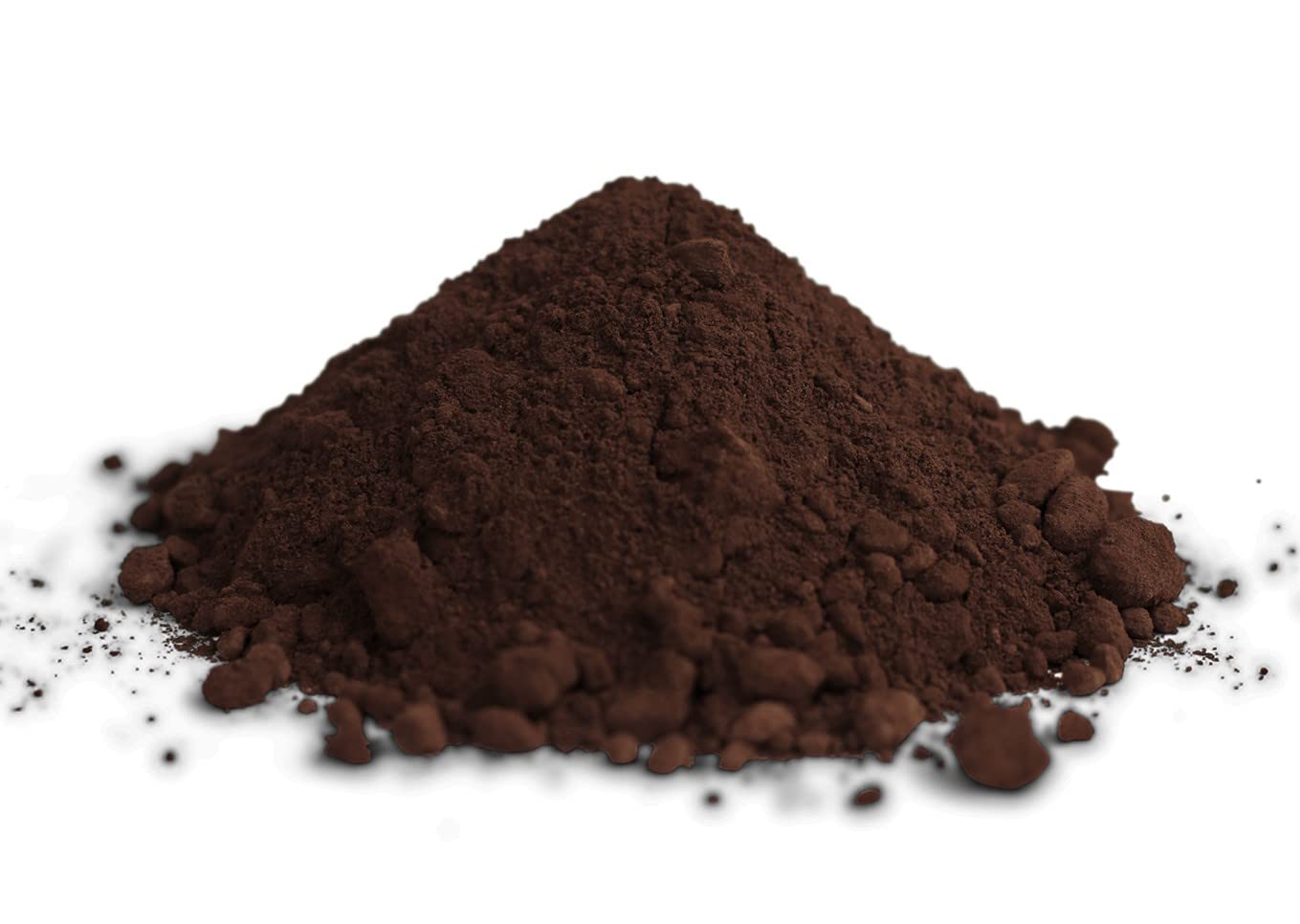
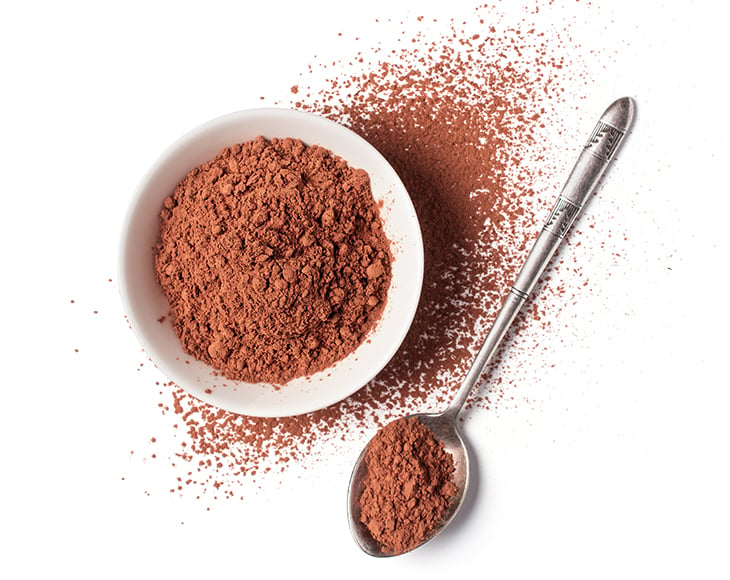
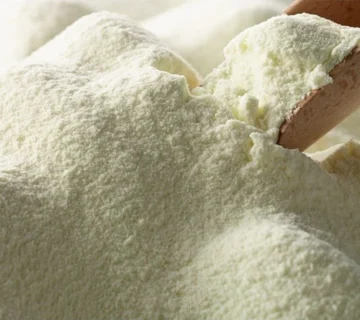
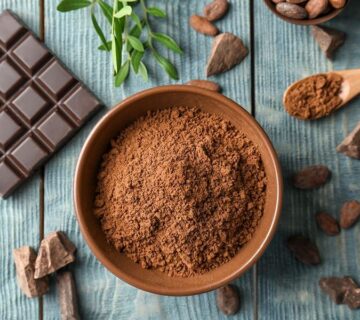
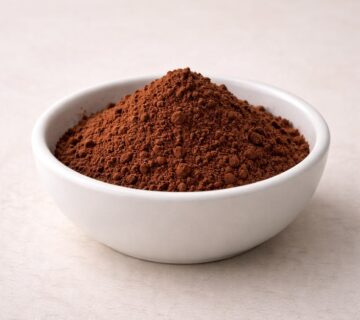
No comment